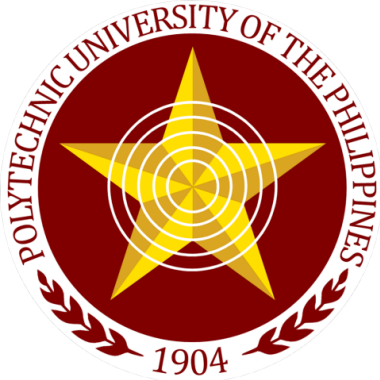- To empower transformational leaders to form social bonding and encourage voluntary work behavior; to create a culture of innovation and continuous improvement;
to build a diverse, transparent, inclusive workforce; and reduce the organization's environmental impact.
- To offer curricula that are relevant and responsive to the changing needs of the industry and society; the ability of curriculum developers to translate knowledge about new development into curriculum content and structure;
to promote critical thinking, a sense of adventure, and an openness to adapt challenges of their future workplace and give them the confidence and skills to continue to adapt;
to provide a hierarchical system for grades levels/subjects within aims and objectives for individual lessons.
- To increase students' attention, and focus, promote a meaningful learning experience, encourage higher levels of student performance, motivate students to practice higher-order thinking skills;
to prepare students to become productive, creative, innovative, and dynamic in their chosen fields of specialization and to provide state of the art facilities of learning to optimize student development;
tap potentials of students, faculty, administrative staff, and other stakeholders in formulating policies for institutional development.
- To prepare holistic approaches to inculcate appropriate values that are necessary to build a humane, disciplined, nationalist, and independent society and to develop students' physical, emotional, social, and intellectual well-being through providing opportunities for students to learn and grow in all areas of their lives;
to create a supportive, inclusive environment where students feel safe and respected; to be active participants in their learning for students to connect with others, build relationships and to help students develop a sense of purpose and direction.
- To build a culture of trust, deliver honest feedback, foster open communication, delegate responsibilities and tasks, and support growth opportunities to empower faculty members and employees.
Also, to increase productivity and innovation; improve morale and satisfaction; better decision-making; increase engagement with students and clients, and make empowerment part of our university organization's culture and vision.
|
- To a renowned leader and center of excellence in product utilization research, feasibility study, development, and technology transfer; develop the culture of collaborative research among students, faculty, and employees; to partner with industry and other research institutions in strengthening research capabilities of faculty, employees, and students;
to facilitate presentation of research outputs in international fora, their publication in recognized local and international journals;
and to develop the culture of collaborative research among students, faculty, and employees.
- To contribute to the attainment of Vision, Mission, Goal, and Objectives (VMGO) distinctively include complying with the rules and policies of the Polytechnic University of the Philippines (PUP); striving for academic excellence, participating actively in universities activities, becoming a role model, passing the board exam and conducting research.
To maintain and enhance its high academic standards in the performance of its functions of instructions, research, and adaptive community for extension.
- To create value for each company and leverage combined expertise by offering students internship partnerships through a Memorandum of Agreement (MOA);
undertake outreach and research-based extension programs by tapping all stakeholders' expertise and other resources.
- To increase understanding of stakeholder needs and expectations, improve communication and collaboration, and involve all stakeholders in enhancing student, faculty, and employee development programs, build trust and rapport with stakeholders, and get input from stakeholders on critical decisions.
- To ensure that our curricula possess Social Development Goals (SDG) such as social equity, justice, diversity, inclusion, democratic participation, empowerment, livelihood security, social well-being, and quality of life; to end poverty, to protect the earth's environment and climate and to ensure that students, educators, and stakeholders can enjoy peace and prosperity;
to provide training to students that will enable them to become potent instruments for socio-economic development, produce technologies for commercialization or livelihood improvement, and achieve long-term economic growth.
|
